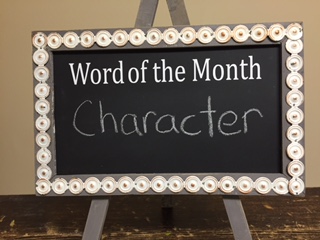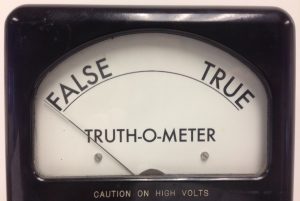As an eighteen year old, I went through a period of soul searching. I had been raised in a rather sheltered environment where I was surrounded by people who thought and believed in certain ways and taught me likewise. I then found myself in a very different environment. I was now in the minority, surrounded by others who had grown up believing and living rather differently than I had. Some even challenged and questioned my beliefs because they conflicted with their views. My question to myself at that time was “Do I believe these things and have this particular view of the world just because that is how I have been taught, or are these things accurate and true?” I wanted to know for myself, rather than rely on the faith or knowledge or teachings of others.
Through a process of study, questioning, and life experiences, I came to a certainty about my basic beliefs. I also gained some perspective through recognizing and attempting to understand other points of view. I was able to have positive relationships with people who thought and believed quite differently than I did.






